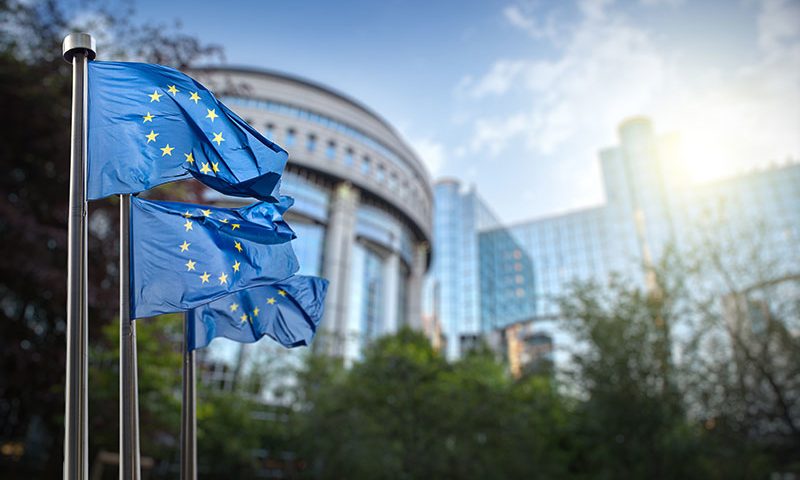Nongovernmental organizations (NGOs) have accused the EU’s pharmaceutical research initiative of investing in “extremely dubious priorities.” The two NGOs think Big Pharma controls the agenda of the Innovative Medicines Initiative (IMI), leading it to prioritize areas that are profitable for drugmakers over public health needs.
IMI is a public-private partnership that uses money from trade group EFPIA and the EU to execute a research agenda that is supposed to align with the region’s health priorities and those of the World Health Organization (WHO). However, NGOs Corporate Europe Observatory (CEO) and Global Health Advocates (GHA) think IMI is failing to live up to to its stated goals.
“We found that IMI was failing to invest in areas where public funding is urgently needed, such as HIV/AIDS and poverty-related and neglected tropical diseases, yet investing heavily in high profit areas where the industry is already putting considerable resources. IMI invests in extremely dubious priorities that let industry write the rules on important safety standards,” the NGOs wrote (PDF).
The NGOs based their criticism, in part, on a comparison of the focus of IMI projects to the priority research areas established by the WHO. The analysis identified a handful of projects related to HIV, diarrhea, malaria and tuberculosis and almost 40 about cancer, diabetes and dementia.
As the NGOs see it, the analysis shows profitable areas in which drug developers are already willing to invest are taking precedence over neglected diseases. That imbalance, the NGOs say, is evident in IMI’s activities against Ebola. The NGOs argue IMI’s “broken research incentives” meant research and development wasn’t done in time to respond effectively to the 2014 outbreak.
IMI sees the situation differently. In a public response to the NGOs, IMI said its funneling of €300 million into 12 projects targeting Ebola and related diseases had an “enormous” impact, pointing to investments Johnson & Johnson made in a vaccine “without any visibility of profit” to make its case. In IMI’s view, J&J’s investment rebukes the insinuation that “the industry will only co-invest when there is a clear profitable interest.”
The response to the NGOs also addressed criticism of the lack of HIV programs overseen by IMI.
“As we have explained to CEO and GHA, the reasons for this are simple and have remained unchanged for over a decade. The European Commission was criticised in the past for having multiple funding mechanisms for the same topics, and in response, decided to focus action to HIV/AIDS through EDCTP and the H2020 collaborative research programs,” IMI wrote.
The NGOs covered that exchange in their report. In their view, there is insufficient coordination of the different funding mechanisms and, as EDCTP covers clinical trials, gaps in earlier stage research that IMI is failing to address.
In light of the issues raised in the report, the NGOs want the EU to make changes to the governance of IMI to tip the balance between public and private players, for example by banning industry representatives from making up half of the board. The NGOs also want the provision of industry staff to lead projects to be treated as financial contributions.

